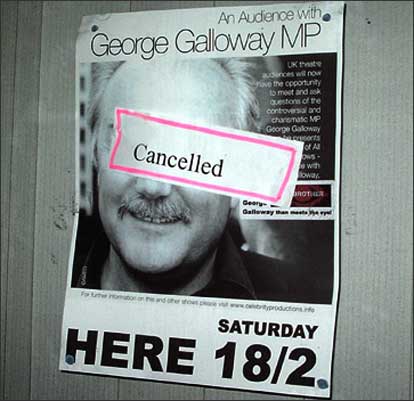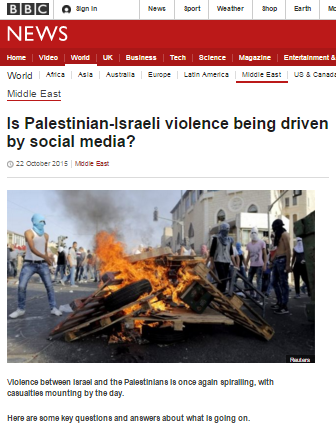1) At WINEP Ali Alfoneh provides a portrait of the new deputy commander of Iran’s Qods Force.
“Following the sudden passing of Mohammad Hossein-Zadeh Hejazi, the deputy commander of Iran’s Islamic Revolutionary Guard Corps-Qods Force (IRGC-QF), Supreme Leader Ali Khamenei appointed Brig. Gen. Mohammad Reza Fallahzadeh as his replacement on April 19. Who is Fallahzadeh, why was he named as second-in-command of such a crucial tool in Tehran’s foreign policy, and how might his appointment affect the organization?”
2) Dan Diker and Khaled Abu Toameh discuss ‘Mansour Abbas, Mahmoud Abbas, and the Abraham Effect’ at the JCPA.
“[Mansour] Abbas’s successful campaign responded to growing frustration in the Israeli Arab community. Since 2007, the Israeli Arab middle class has grown significantly. Israel’s nearly two million Arab citizens have increasingly sought economic and political integration, with 63 percent of Israeli Arabs supporting Arab parties joining an Israeli coalition government. Ra’am’s emphasis on grassroots, day-to-day issues attracted a broad and varied voter base despite the faction’s Islamic brand. Ra’am succeeded in attracting a wide electoral base, including young people, Christians, secular Muslims, and Bedouins who voted for their pragmatic solution-oriented approach over Islamist and nationalist sloganeering.”
Israel’s nearly two million Arab citizens have increasingly sought economic and political integration, with 63 percent of Israeli Arabs supporting Arab parties joining an Israeli coalition government. Ra’am’s emphasis on grassroots, day-to-day issues attracted a broad and varied voter base despite the faction’s Islamic brand. Ra’am succeeded in attracting a wide electoral base, including young people, Christians, secular Muslims, and Bedouins who voted for their pragmatic solution-oriented approach over Islamist and nationalist sloganeering.”
3) At the Fathom Journal Elliott Abrams analyses the significance of the historical background to the scheduled Palestinian election.
“These events are worth review because history might repeat itself should the parliamentary election scheduled for 22 May come off and be won by Hamas — or even if Hamas makes a strong showing. Because the Palestinian electoral system has been changed to proportional representation, no single party will win the number of seats Hamas got last time. But this also means that even if defeated by Fatah, Hamas (which according to polls in March might win 20-30 percent of the vote) is likely to have a strong role in governing the PA. Thus the fundamental problems that presented themselves in 2006 remain: can there be a democratic election in a non-democratic entity like the PA, half run by Hamas and half by Fatah, neither part run democratically? Should the focus not be, first, on expanding the space for free political debate, and building democratic institutions? Why should the armed terrorist group Hamas be permitted to run in an election as if it were a peaceful and democratic political party — and what are the implications for Palestinian politics, and for Israel, Jordan, and the so-called ‘peace process’ should Hamas win a majority or a strong minority presence?”
4) Haviv Retting Gur looks at recent developments in Israeli politics at the Times of Israel.
“Prime Minister Benjamin Netanyahu lost the driest of procedural votes in the Knesset plenum on Monday evening, a vote that changes nothing at all when it comes to the parliamentary math of his political position.
Israel’s longest-serving prime minister, the head of its largest parliamentary faction, and the leader of roughly the same-sized bloc he’s led across four indecisive elections, is still all of those things.
But the vote revealed the depth of Netanyahu’s political problem, and altered in one fell swoop how nearly everyone, including Likud party lawmakers, now thinks about his prospects.”
Wishing all our Druze readers a happy Nabi Shueib festival.





